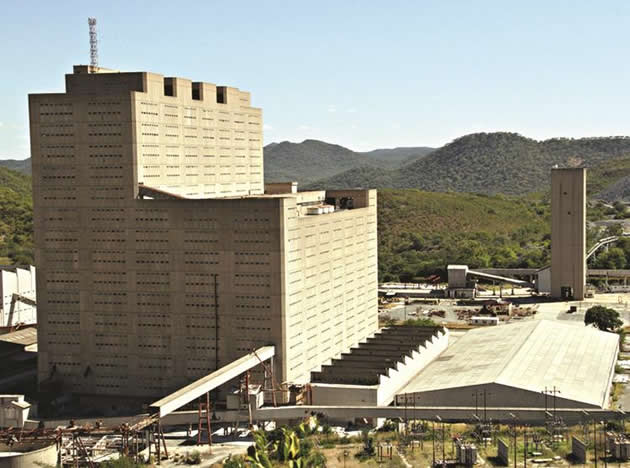Russian investors to revive Shabanie Mine

Dosman Mangisi, Mining Correspondent
A TEAM of Russian investors is in the country to assess the now defunct Shabanie-Mashava Mines (SMM) with the view of facilitating its revival.
Mines and Mining Development Deputy Minister Fred Moyo confirmed the presence of the Russians in the country but would not shed more light.
The asbestos mining entity stopped operations in 2004. More than 5,000 workers were employed at the asbestos manufacturing giant prior to its demise.
The government has said it remains focused on re-opening Shabanie Mine as it was a critical player in the country’s economy.
The closure of the SMM affected many downstream industries in the Midlands and other parts of the country.
Russia is among major countries like China and Brazil who still use the chrysotile asbestos, a fibrous mineral that belongs to the serpentine mineral group.
The mineral has been internationally recommended for use and accounts for 90 to 95 percent of asbestos used in the commercial applications in the world.
It is used to manufacture a number of products including motor vehicles gaskets, cement, insulation, motor vehicle brake pads and brake linings, joint compound and roofing materials.
Turnall Holdings Limited managing director John Jere is on record saying the mineral potential exceeds $180 million if SMM was revived.
The two mines have a capacity to produce 180, 000 metric tonnes of the mineral with 90 percent for export.
Zvishavane-Ngezi MP John Holder, a member of the Parliamentary Portfolio Committee on Mines and Energy, also confirmed the Russian interest in reviving the asbestos firm.
The visit by the Russians comes at a time when the government has already stepped up efforts to revive disused mines with strategic minerals in the country through its mining entity Zimbabwe Mining Development Corporation (ZMDC).
In Mashaba, a de-watering process has begun to keep the company in shape.
Kamativi tin mine has already got an investor from China in a deal worth $102 million.











Comments